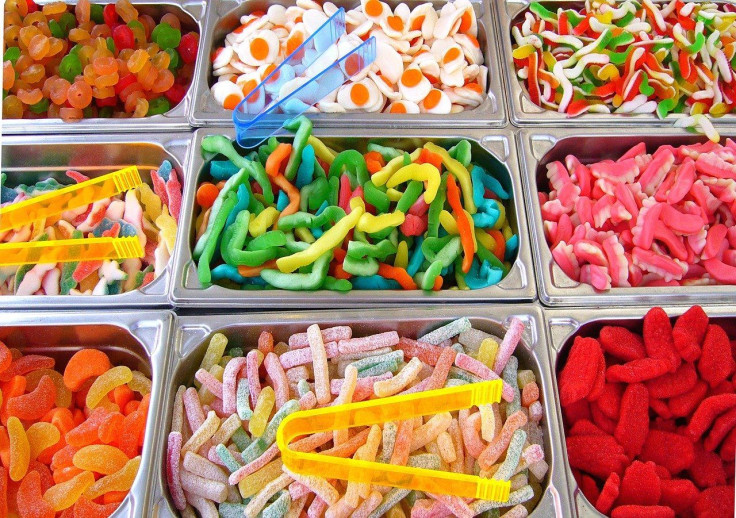Study: Household Carbon Footprints In Japan Driven By Sweets And Alcohol, Not Meat

KEY POINTS
- Meat production is more environmentally damaging compared to the production of other food items
- Researchers of a new study investigated the other potential drivers of household food carbon footprint in Japan
- Meat consumption only explained carbon footprint differences weakly
- Household food carbon footprint are found to be driven by sweets, alcohol and restaurant food consumption
Meat has a reputation for being more environmentally damaging compared to other foods. For instance, the production of beef produces 20 times more greenhouse gases compared to bean production for the same amount of protein.
However, a new study published in One Earth finds that in Japan, sweets and alcohol are the main drivers for high carbon footprint households.
High Carbon Footprint Households
In previous studies about the carbon footprint contribution of our diets, researchers often focus on Western diets and they generally imply that high carbon footprint households tend to consume more meat.
For a new study, researchers from the University of Sheffield and Research Institute for Humanity and Nature in Kyoto, Japan opted to look at the carbon footprints of the diets of 60,000 households across the 47 regions of Japan, a country where meat consumption is relatively low.
Interestingly, the researchers found that even though red meat consumption among the households was quite constant, the food carbon footprints were not. In fact, they found that the consumption of red meat actually accounts for less than 10 percent of the differences between the households of Japanese families.
Instead, they found that the households that consume more fish, vegetables and restaurant food that tend to have higher carbon footprints. For instance, they found that on average, eating out contributes 770 kilograms of greenhouse gasses per year compared to meat consumption that contributes 280 kg of greenhouse gasses.
The most notable dietary difference that drives Japanese households with higher carbon footprints, however, is the high consumption of sweets and alcohol. In fact, the researchers found that households with higher food carbon footprints have two to three times higher sweets and alcohol consumption compared to low carbon footprint families.
‘Our Diets Must Change’
To be clear, the researchers are not saying that red meat is not a driver of higher carbon footprints. In fact, study lead Professor Keiichiro Kanemoto of the Research Institute for Humanity and Nature states that red meat is a high carbon footprint food, and recommends reducing red meat consumption to lower carbon footprint.
Their findings simply show that in Japan where red meat consumption is quite low, there are also other carbon footprint drivers apart from meat, and carbon footprint from food consumption cannot be reduced just by simply changing the minds of the small number of meat lovers.
“If we are serious about reducing our carbon footprints, then our diets must change. Our findings suggest that high carbon footprints are not only a problem for a small number of meat lovers in Japan,” Professor Kanemoto said.
Simply put, the mere act of eating less meat does not automatically mean that a household has less carbon footprint because there are also other food items and even eating habits that can drive household carbon footprint.
As such, while eating less meat can help reduce a household's carbon footprint, it is not a one-size-fits-all approach to reducing carbon footprint, and we still have to be wary of our other eating choices and practices.
“All countries are facing challenges in how to shift diets to be healthier and more sustainable. This evidence from Japan demonstrates that research can help us to identify what to focus on,” study co0author Dr. Christian Reynolds of the University of Sheffield said. “The same patterns of dietary change in terms of sugar, alcohol, and dining out need to be considered in the UK, Australia, the U.S., and Europe."
© Copyright IBTimes 2025. All rights reserved.






















